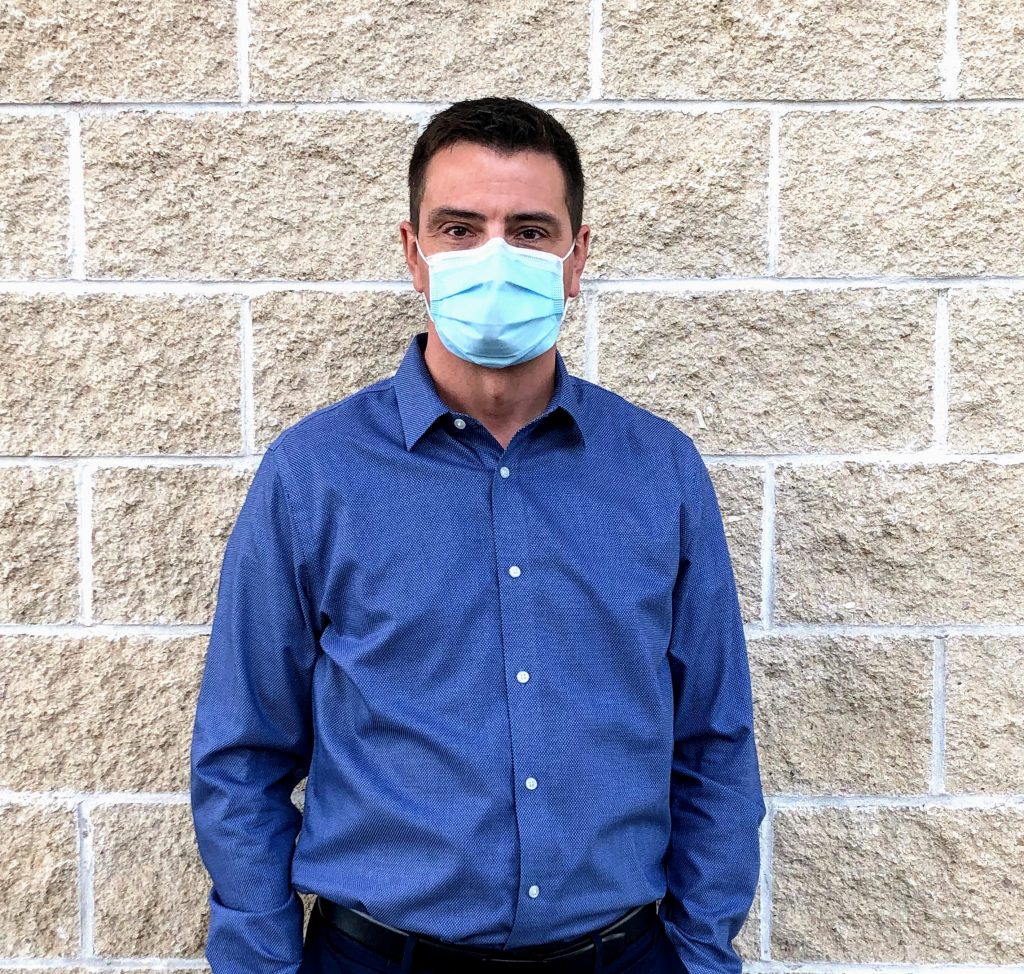Diabetes Awareness Month Profile: Eric Willmore, Pharmacist and Certified Diabetes Educator (CDE)
by Caitlund Davidson
 Eric Willmore, Pharmacist and Certified Diabetes Educator (CDE).
Eric Willmore, Pharmacist and Certified Diabetes Educator (CDE).It’s Diabetes Awareness Month, and we’re highlighting staff at Thunder Bay Regional Health Sciences Centre who play a vital role in diabetes care. Today, we’re sharing a Q & A from Eric Willmore, Pharmacist and Certified Diabetes Educator (CDE) at the Centre for Complex Diabetes Care (CCDC).
What does it take to be a pharmacist and CDE?
You will need a pharmacist degree and to maintain Diabetes Educator Certification.
What inspired you to work in diabetes care?
Upon graduating from pharmacy school, I quickly realized how unprepared I was to provide appropriate care for patients with diabetes. My pharmacy manager at the time was very supportive, and he challenged me to become a CDE. In preparation for the exam, I became more confident and fell in love with the idea of helping patients manage their diabetes. It’s been more than twenty years and I have no regrets.
What is unique about your role?
Unlike my community pharmacy colleagues, I do not dispense medications. Instead, my time is divided between helping other health care providers optimize diabetic medication regimens, and working with patients to review their medications, answer drug related questions and provide diabetes education.
How does your role impact patient care?
Majority of people with diabetes are treated with one or more medications. Therefore, as a medication expert, my role directly impacts patient care. By reviewing laboratory values, drug plan requirements, prescriber and patient preferences, I develop individualized medication regimens to assist patients in managing their diabetes.
Promoting a healthy lifestyle is part of your daily messaging to patients. Do you have any personal tips on how to stay healthy?
Maintaining a healthy lifestyle became much easier once I changed my approach. Instead of “adding” exercise into my schedule, my day starts off with the assumption that I will be physically active, in the same way that I will brush my teeth, drink enough water, and get adequate rest. Healthy choices are not up for debate. Start small, even a ten minute walk at lunch or after supper can bring improvements.
Any final thoughts?
Diabetes is more than medications and checking blood sugar. Like any chronic condition, diabetes can take an emotional toll on the patient, as well as family and friends. If you are struggling with the burden of chronic disease, ask for healthcare provider help. For those trying to support someone with diabetes, please look beyond the “numbers”, and recognize that emotional needs are just as important.